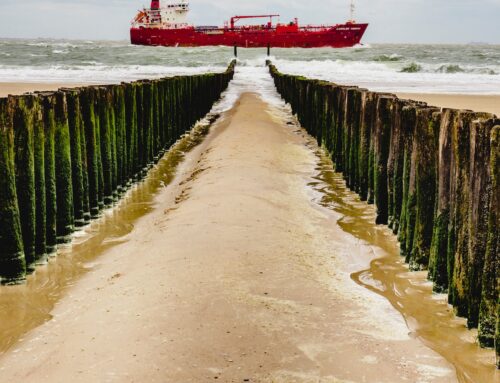Introduction
Agriculture plays a vital role in feeding the world’s population and ensuring global food security. However, the intensive use of petrochemicals in agricultural practices has raised concerns about its environmental impact and long-term sustainability. In this article, we will explore the use of petrochemicals in agriculture and discuss sustainable practices that can mitigate any potential negative consequences.
The Role of Petrochemicals in Agriculture
Petrochemicals, derived from petroleum, are widely used in modern agriculture. They are utilized in the production of fertilizers, pesticides, herbicides, and other agrochemicals. These petrochemical-based inputs have greatly contributed to increasing crop yields and overall agricultural productivity.
However, the reliance on petrochemicals has led to various environmental concerns. Their continued use can result in soil degradation, water pollution, and disruption of ecosystems. Additionally, the extraction and processing of petroleum contribute to greenhouse gas emissions and climate change.
The Need for Sustainable Practices
Given the potential risks associated with excessive petrochemical use in agriculture, sustainable practices are crucial to ensure the long-term viability of our farming systems. By adopting sustainable alternatives, we can minimize the environmental impact while maintaining productivity and profitability.
Here are some sustainable practices that can be implemented:
- Organic Farming: Transitioning from conventional to organic farming methods reduces dependence on synthetic fertilizers, pesticides, and herbicides. Organic practices promote soil health, biodiversity, and overall environmental sustainability.
- Integrated Pest Management (IPM): Implementing IPM strategies involve using a combination of biological controls, natural predators, cultural practices, and minimal pesticide applications. This approach reduces the overall use of synthetic pesticides while effectively managing pest populations.
- Precision Agriculture: Utilizing advanced technologies, such as remote sensing, GPS, and data analytics, allows farmers to optimize resource use and minimize waste. Precision agriculture helps in reducing the overuse of fertilizers and water, leading to improved efficiency and reduced environmental impact.
- Crop Rotation and Cover Cropping: Alternating different crops and planting cover crops helps maintain soil fertility, prevent disease and pest outbreaks, and minimize the need for chemical inputs. This practice enhances soil structure and biodiversity while reducing erosion and nutrient runoff.
- Agroforestry: Combining trees or shrubs with crops or livestock helps create a diverse and resilient farming system. Trees provide shade, prevent soil erosion, improve water infiltration, and act as carbon sinks, reducing the overall environmental impact of agricultural activities.
- Biological and Natural Alternatives: Research and development should focus on promoting the use of bio-based and natural alternatives to synthetic petrochemicals. This includes developing biopesticides, biofertilizers, and biostimulants derived from organic matter or beneficial microorganisms.
Conclusion
Petrochemicals have played a significant role in transforming modern agriculture and ensuring high crop yields. However, their excessive use has raised concerns about environmental sustainability and long-term viability. By adopting sustainable practices such as organic farming, integrated pest management, precision agriculture, crop rotation, agroforestry, and promoting bio-based alternatives, we can minimize the negative impact of petrochemicals on the environment while maintaining agricultural productivity. It is essential for farmers, policymakers, and researchers to collaborate and drive the adoption of these sustainable practices to secure a sustainable future for agriculture.





